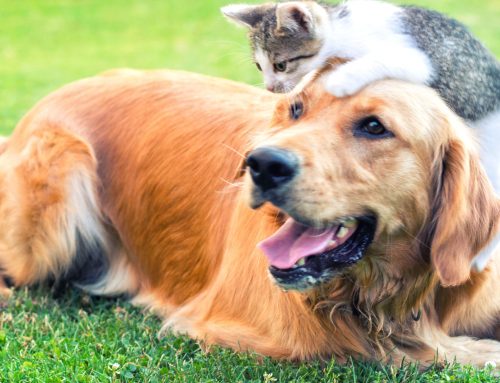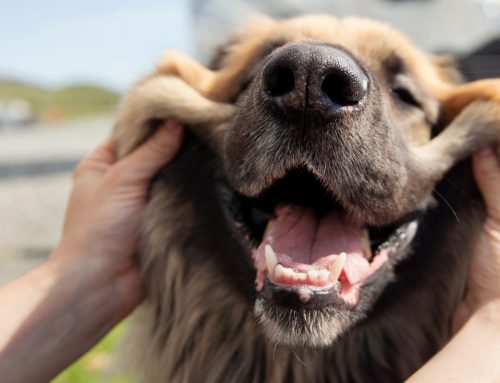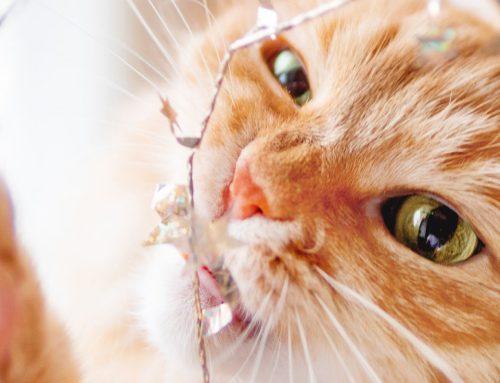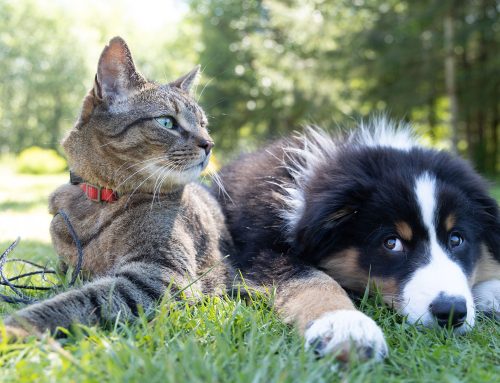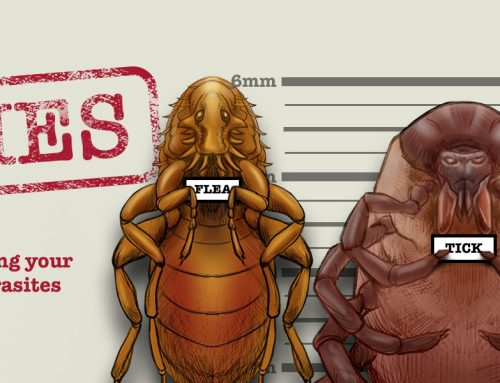Along with the cooler months usually comes unwanted visitors in your home such as mice and rats. The sight of a mouse usually creates concern with hygiene and disease. The easiest way to eradicate these unwanted visitors is through baits and rodenticides containing poison, but how can this put your pet at risk? Cats and dogs can become seriously ill from ingesting the poison or consuming the rodents who themselves have consumed the bait. The poisons can act fast and have serious consequences which is why prompt diagnosis and treatment is vital.
What are the risks to dogs and cats?
Warfarin or Brodifacoum are considered the two most common active ingredients in most rodenticides and rat baits in Australia.
These poisons cause BLEEDING by stopping the production of Vitamin K dependent blood clotting factors (Warfarin/Brodifacoum prevent the body’s ability to ‘recycle’ Vitamin K). Basically, the body is no longer able to form clots to stop bleeding, which happens in them and us on a daily basis without us even knowing.
What happens if your cat or dog has eaten rat bait or a rodent that has consumed it?
Clinical symptoms can vary from case to case, dependant on type of poison and time of ingestion.
The most common sign of poisoning is bleeding but it is important to be vigilant of symptoms, with bleeding ranging from minor to acute. Bleeding is the most dangerous symptom for poisoning as it shows that the blood is not coagulating to repair the body, thus the animal bleeds to death. Signs that there could be bleeding are:
- Bleeding noses
- Bruises under the skin
- Ongoing bleeding from small wounds and cuts
- Bloody Diarrhoea
- Blood in urine or faeces
- Rapid or laboured breathing
- Lethargy or collapse
- Lameness
- Seizures
- Death
If you suspect your pet has eaten rat poison or received a secondary dose through the consumption of a rodent that has eaten poison, then see a vet immediately. If you know your pet has eaten rat bait, and you know which one it is, take the box with you or find out its name and the active ingredients.
If you suspect your pet has ingested any type of poison or you have any questions or concerns, you should always visit or call us. Vets are your best resource to ensure the health and well-being of your pets.
Please call 02 9809 4788 for an appointment to consult with our veterinarian



